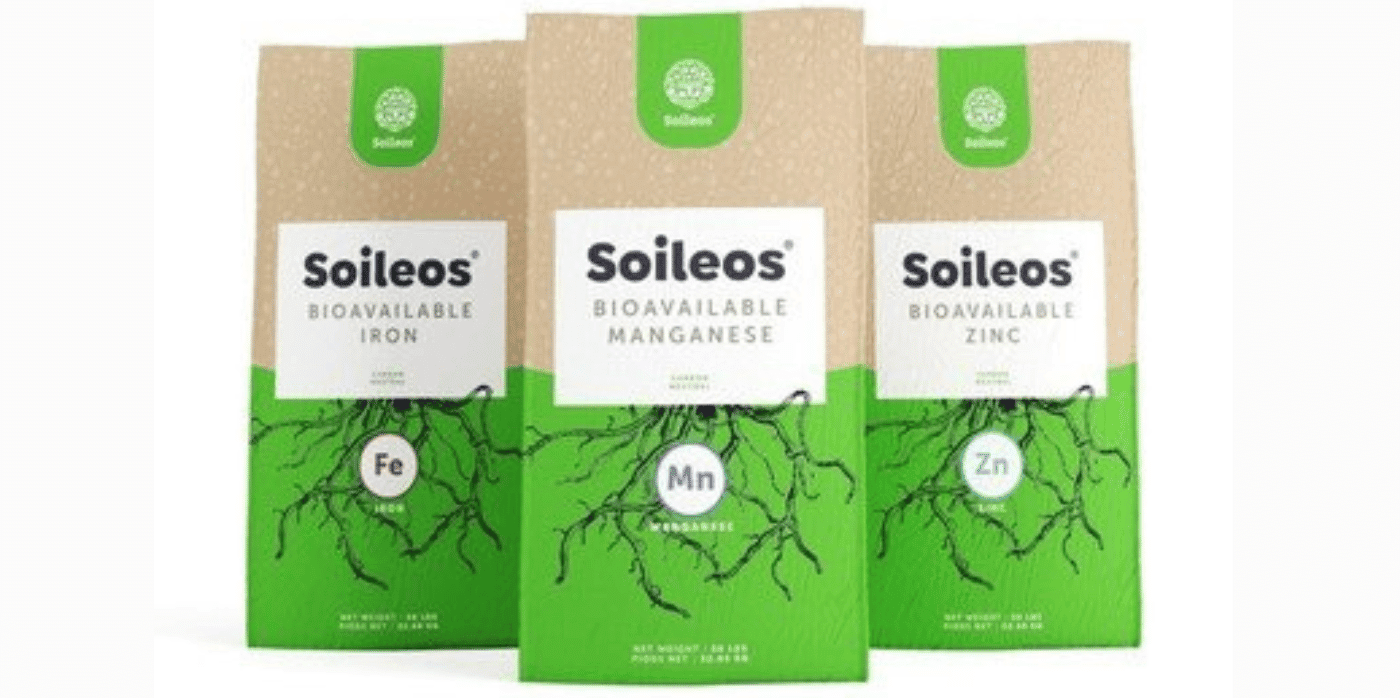
Spotted: Soil is a living ecosystem and soil health is vital for clean air and water, healthy crops and forests, productive grazing lands, diverse wildlife, and beautiful landscapes. However, the overuse of artificial fertilisers and pesticides can damage soil health and pollute waterways and land.
Lucent BioSciences has developed a fertiliser, called Soileos, that improves microbial biomass in the soil and enhances organic carbon levels. Soileos is made from cellulose left over from crop processing, such as pea and lentil hulls and rice husks. The startup’s scientists have developed technology to bind micronutrients to the cellulose. Natural biological activity in the soil then triggers the release of these micronutrients when they are most needed by the crop. This stands in contrast to other fertilisers which release micronutrients all in one go.
The company claims that the fertiliser is not only carbon-neutral, but climate-positive. Its manufacture uses less water and has a lower carbon footprint than conventional fertilisers. In addition, it improves microbial biomass in the soil and enhances carbon levels in the ground. This results in higher crop yields and improved soil nutrient density.
The company is currently working with food processing companies to upcycle their low-value cellulose fibres and is collaborating with several large fertiliser companies to develop custom fertiliser solutions. And, just a few days ago, Lucent Bio announced that its technology had received patent approval, a “milestone in the progression of commercializing Soileos”.
Soil health is vital for improving crop yields in a sustainable way. This knowledge has led to increased interest in financial support for regenerative agriculture and innovations in the Springwise archive such as pre and probiotics for improving soil health.
Written By: Lisa Magloff

